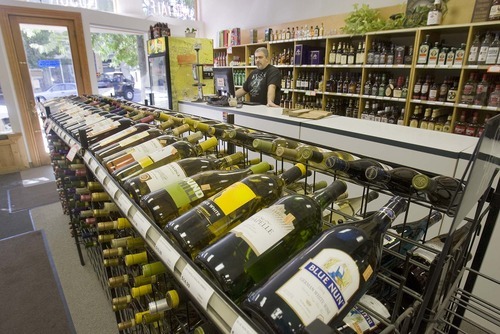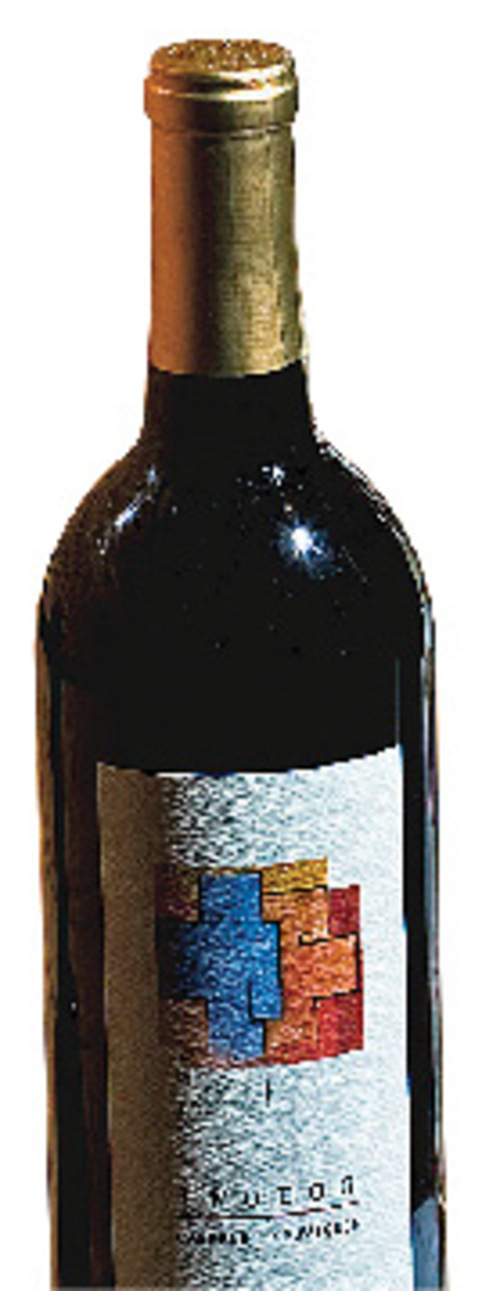This is an archived article that was published on sltrib.com in 2011, and information in the article may be outdated. It is provided only for personal research purposes and may not be reprinted.
With the planned closing of profitable state-controlled liquor outlets, momentum is gathering to privatize alcohol sales in Utah.
Rep. Ryan Wilcox, R-Ogden, said he plans to introduce legislation that would turn over retail liquor sales to the private sector "so market conditions determine whether a store closes — not the liquor department or lawmakers."
Wilcox said it doesn't make sense that the Legislature cut $2.2 million out of the budget for the Utah Department of Alcoholic Beverage Control, which resulted in 10 stores, which collectively make $10 million in profits annually, making it to a hit list. Lawmakers made the cuts to make up for budget shortfalls in other areas.
"It should not be a function of government to sell alcohol," said Wilcox. "When the state gets into the retail sales, customer service and performance suffer."
Randy Simmons, chairman of the state Privatization Board, said his organization is sending a letter to lawmakers, asking them to consider turning over liquor stores to the private sector.
"With privatization, the state doesn't have to worry about stores being profitable or budget shortfalls," said Simmons, who is a political science professor at Utah State University.
Utah is one of eight states that sells alcohol through state-controlled outlets. Most of those other states sell only distilled spirits or wine, while Utah's stores also offer heavy beer and flavored malt beverages.
Wilcox said Utah's model for privately run stores could come from so-called package agencies, run by private individuals. The agencies, which date back to the 1930s, are in small towns and rural areas where it's not economically feasible to open a large, state-controlled store.
Coincidentally, three package agencies are on the hit list for closure, in Spanish Fork, Springville and Midvale. The state reimburses package agencies for costs, based on sales volume.
The Spanish Fork store received state reimbursements of $78,000 last year, which covered the cost of rent, utilities and employee wages. Profits returned to the state totaled $606,000.
The Springville store was paid $95,000 for turning a profit of $277,000. And the Midvale store's reimbursement was $78,000 on an annual profit of $160,000.
Liquor control commissioners are scheduled to discuss store closures at their monthly meeting on April 28.
No sale of beer at gas stations?
A liquor commissioner says the state should consider eliminating the sale of beer at gasoline stations to cut down on drinking and driving.
› E2





